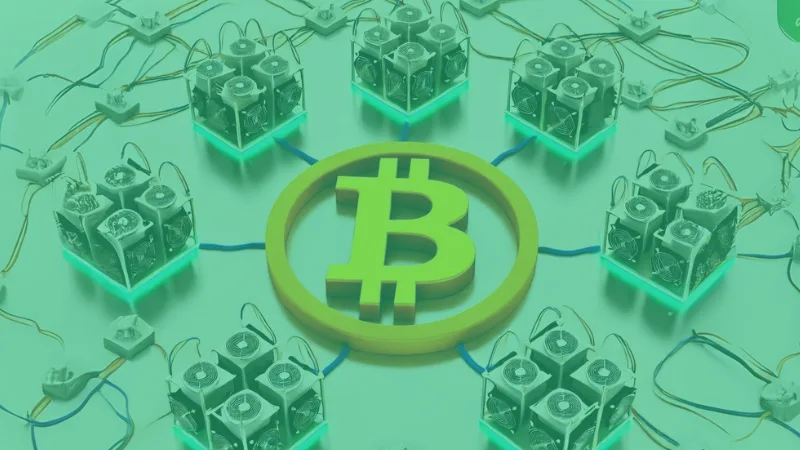Cryptocurrency mining has emerged as a pivotal activity in the digital currency ecosystem, with Bitcoin, Ethereum, and other cryptocurrencies rising in popularity. But what is cryptocurrency mining? This guide will explore the essential aspects of cryptocurrency mining, detailing how it contributes to the world of digital currencies.
What is Cryptocurrency Mining?
Cryptocurrency mining involves validating and recording transactions on a blockchain network by solving complex mathematical challenges. Unlike traditional mining, this digital process does not require physical exertion but instead utilizes advanced computing power to secure and process transactions within the cryptocurrency network.
How Does Cryptocurrency Mining Function?
Cryptocurrency mining encompasses several critical steps, each vital for maintaining the blockchain’s integrity and functionality:
- Transaction Verification: Miners ensure each transaction is valid and adheres to the network’s regulations.
- Problem Solving: Competing to solve cryptographic puzzles, miners vie to add new blocks to the blockchain.
- Adding Blocks to the Blockchain: The successful miner adds a block of verified transactions, securing a tamper-resistant record.
- Mining Rewards: Miners receive cryptocurrency and transaction fees as rewards for their efforts, incentivizing continued participation in the network.
Methods of Cryptocurrency Mining
Participants can engage in cryptocurrency mining through various approaches, each with unique benefits and challenges:
- Solo Mining: An individual miner uses their computational resources to attempt to earn block rewards independently.
- Pool Mining: By pooling resources, miners can increase their chances of success, sharing rewards proportionally to contributed processing power.
- Cloud Mining: This method allows individuals to rent mining capacity from cloud-based services, reducing the need for direct hardware investment.
Equipment and Energy Considerations in Cryptocurrency Mining
The intensive computational demands of cryptocurrency mining require specialized hardware, known as mining rigs, which are significant electricity consumers. The environmental impact of mining, especially in areas reliant on fossil fuels for power generation, has sparked discussions about sustainable practices in the mining sector.
The Crucial Role of Miners in Cryptocurrency Networks
Miners are fundamental to the security and operational efficiency of cryptocurrency networks:
- Security: Their work in solving mathematical problems helps safeguard the blockchain against unauthorized alterations.
- Transaction Processing: Miners are pivotal in verifying and recording transactions, ensuring the blockchain remains accurate.
- Network Decentralization: The decentralized nature of mining activities helps prevent any single entity from dominating the blockchain network.
Risks and Challenges in Cryptocurrency Mining
Despite its potential rewards, cryptocurrency mining faces several significant challenges:
- High Operational Costs: The substantial energy and equipment expenses can diminish profitability.
- Regulatory Uncertainty: Changing regulations may pose risks to miners, with some regions imposing strict guidelines or bans.
- Market Volatility: Fluctuations in cryptocurrency values can dramatically affect mining profitability.
Stay up to date on other relevant news in our “Crypto & Currencies” section.





